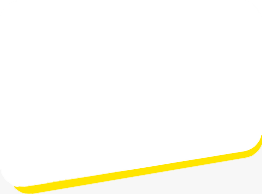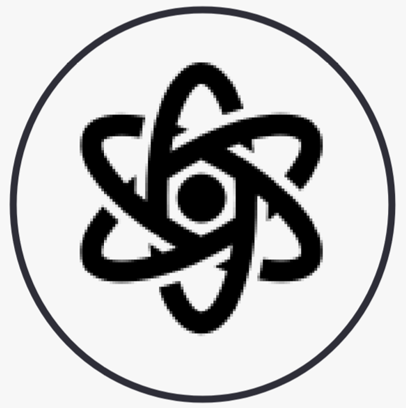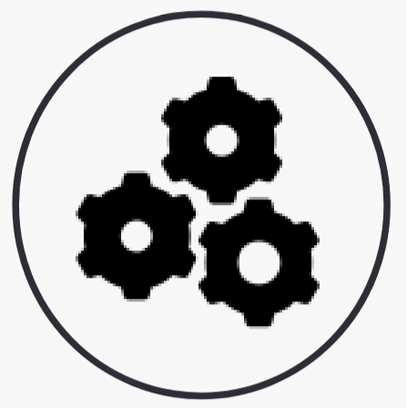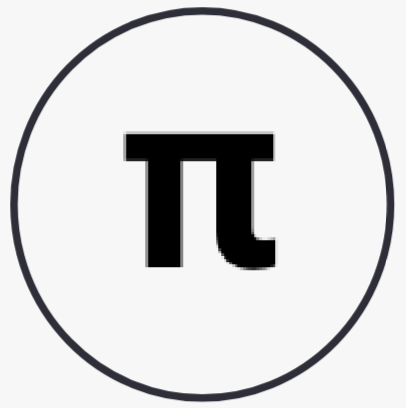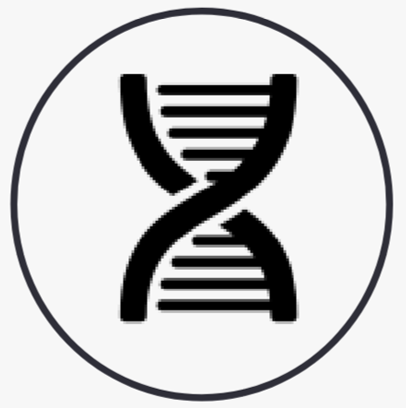THE
NOVA PRIZE
Brought to you by EY and The Tab
2018
Welcome to the inaugural Nova Prize, supported and sponsored by EY and The Tab.
The Nova Prize is a set of six annual awards, bestowed across several categories in recognition of female students who have made outstanding early contributions to STEM. From hundreds of entries, we selected five exceptional women from each category, who we put in front of a panel of expert academics to choose the winners.
The six winners were announced on Wednesday 7th November at EY London, and will each receive a prize of £1,000.
Congratulations to all those nominated!


